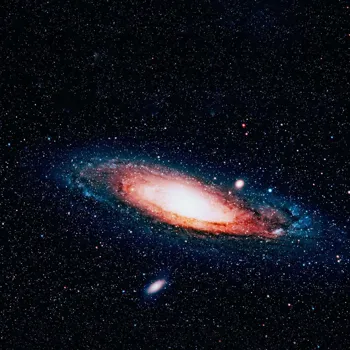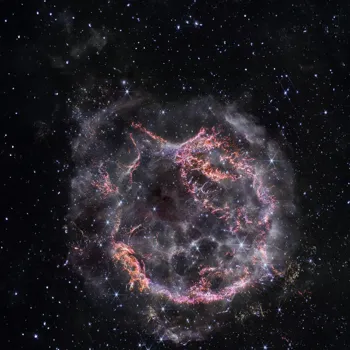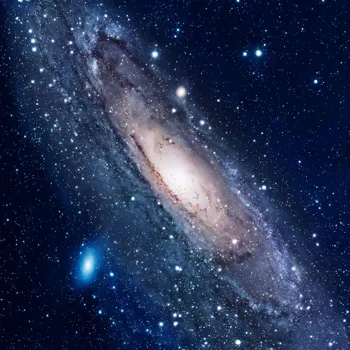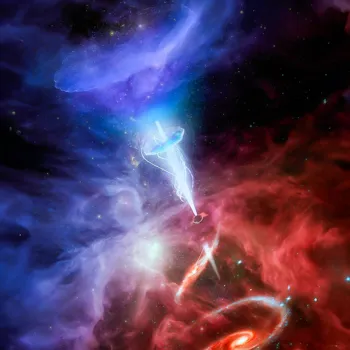Discover the enigma of the Fermi Paradox - Why no signs of alien life? A cosmic conundrum that challenges our place in the universe
The universe, bhai, it's a vast and mind-boggling place. We're talking
billions of galaxies, each with billions of stars, many of which likely have planets orbiting them. Given these astronomical numbers, logic suggests that life, perhaps even intelligent life, should be common.

But here's the kicker: we haven't found any. This perplexing contradiction between the high probability of extraterrestrial life and the lack of evidence for it is known as the Fermi Paradox. Named after the brilliant physicist Enrico Fermi, who famously asked, "Where is everybody?
", it's a question that has bedeviled scientists, philosophers, and science fiction enthusiasts for decades. It challenges our understanding of our place in the cosmos and forces us to confront the possibility that we might be alone, or at least, exceptionally rare.
The paradox basically poses this question
If the universe is so old and big, with so many chances for life to bloom, why haven’t we heard from anyone? Think about it. Our own solar system is relatively young compared to the age of the universe.

Earth has had life for billions of years, and intelligent life, like humans, for a relatively short period.
If there are civilizations out there that are millions or billions of years ahead of us, they should have had ample time to develop technology capable of interstellar travel or at least sending detectable signals across vast distances.
These signals, radio waves or advanced technologies, should be flooding the cosmos, and yet we haven't detected anything definitive. This deafening silence is what makes the Fermi Paradox so compelling and unsettling.
It raises questions about our assumptions about life, evolution, and the very nature of the universe.
Great Filter" theory proposes obstacle for evolving life forms
One potential answer, and a rather gloomy one, is the "Great Filter" theory. This suggests that there is some kind of obstacle, a hurdle that virtually all developing life forms struggle to overcome.

The filter could be something in the early stages of life, such as the transition from simple cells to complex ones. Maybe something makes it difficult.
The filter could also be something that happens later in civilization's development, such as resource depletion, catastrophic climate change, or self-destruction through war or technology. We might be facing it right now as a species.
Possible intelligent civilizations too distant or using undetectable methods
Another possibility is that intelligent civilizations do exist, but they are simply too far away for us to detect. The scale of the universe is difficult to comprehend.

Even if another civilization was broadcasting signals towards us, they might be too faint to reach us after traveling across light-years of space. Our current technology might also be too primitive to detect the methods they are using to communicate.
Maybe we are looking in the wrong places, or we don’t even know what exactly we are looking for. It's like searching for a specific radio station on the wrong frequency. Even if the station is broadcasting, you will never find it. Perhaps civilizations use different technologies.
Advanced civilizations avoid contact due to fear of threats
A more pessimistic view suggests that advanced civilizations deliberately avoid contact with others. This could be because they fear potential threats, like resource competition or outright invasion.

The "dark forest" theory, inspired by a science fiction novel, proposes that the universe is a dangerous place where civilizations remain silent to avoid attracting the attention of predators. Being too loud, broadcasting your presence, could lead to your demise.
This concept paints a rather bleak picture of the cosmos, where paranoia and self-preservation are the dominant forces.
The Fermi Paradox: Reflecting on life's value and technological dangers
The Fermi Paradox is not just a scientific question; it's also a philosophical one. It forces us to contemplate our place in the universe, the value of life, and the potential dangers of technological advancement. The silence of the cosmos is an invitation to reflect on meaning.

It also pushes us to explore our planet. We must develop the best technology. Only then we might have something to show. The answer, if there is one, may lie in a combination of factors.
It can range from the rarity of life to the limitations of our technology, or even the inherent risks of civilizations making themselves known in a potentially hostile galaxy.
AI Generated Content. Glance/InMobi shall have no liability for the content











